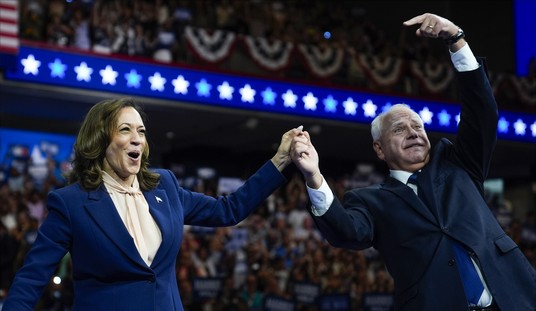WASHINGTON — House Judiciary Committee Chairman Bob Goodlatte (R-Va.) said he left Tuesday’s hearing with Google CEO Sundar Pichai feeling that the search engine will “have to work overtime to gain the confidence of a large percentage of the American population” and to ensure them “they’re going to get fairly treated and they’re going to get unbiased information about what it is they are searching for.”
The CEO faced a wide range of grilling from Republicans and Democrats on a swath of issues ranging from privacy to the company’s plans in repressive China.
Pichai told lawmakers that the company’s own studies show results offered in the search engine’s top-news category “have a wide variety of sources including sources from the left and sources from the right — and we have committed to making sure there are diverse perspectives.” He also emphasized that “it’s not possible for an individual employee or groups of employee to manipulate our search results” based on their biases.
Goodlatte told Bloomberg TV today that “on this issue of bias, Mr. Pichai was not very helpful in determining whether or not when they rely on third parties” to help determine what is hate speech and who is a hate group.
“These are things that whether it’s systemic bias or whether it’s simply a flaw in their algorithms is a serious problem that they do need to address,” the Judiciary chairman said.
“I think overwhelmingly the Republicans do not want to regulate Google, but the problem they find themselves in, Google does, is that they have an exemption under the law, Section 230 of the Communications Decency Act that allows them to censor objectionable material without facing the kind of liability laws that others, for example, organizations that they rely upon, are subject to.”
Because Google now assumes the role of a content editor, Goodlatte said, they need to note that “media companies that are subject to libel laws take great pains to make sure that they are not sued for libel.”
“If that same standard were applied to these technology companies, that might be a self-regulatory influence,” he added.
Though House Republicans have only two weeks left in charge, Democrats gave their own grilling to Pinchai at the hearing on matters including consumers’ digital privacy as related to tracking geolocation data.
Goodlatte said he would wait and see what Democrats’ antitrust legislation regarding Google might look like.
“When you go in and try to use the antitrust laws, I’m not opposed to doing that, but you have to do it in a way that takes great pains to make sure that … you don’t have a result that takes away from people the kinds of things that they count on for Google to provide them,” he said.
“…It might be around examining how Section 230 of the Communications Decency Act, it might be around some antitrust law. I think we’re too new into this know where that consensus might develop. There certainly was a lot of consensus and concern about the fact that Google is right now in discussions with the Chinese government about entering into their market, a market that they withdrew from in 2010, re-entering that market with technology that would allow the Chinese government to censor and gather information that Americans would be very appalled about if they tried to do thing in United States.”









Join the conversation as a VIP Member